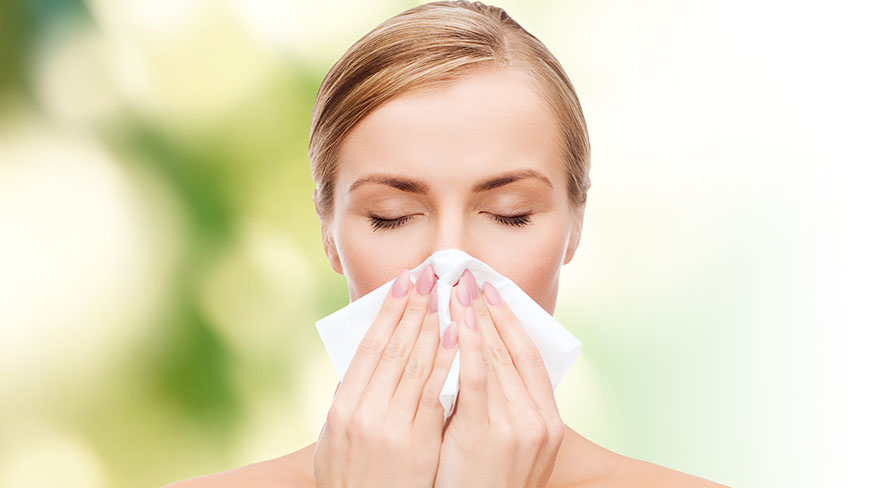It’s that time of the year again when it’s not too hot or too cold, but you’re feeling like your allergies are creeping up on you because of the season change. You might have antihistamines on you prescribed by your allergy doctor, for emergencies, but have you ever wondered if they really help with allergies? Here’s everything you need to know.
What Do Antihistamines Do?
Antihistamines are over-the-counter medications that can be used to alleviate your allergy symptoms. They are responsible for reducing the inflammation you are feeling, whether that’s internal or external. They also act as temporary blood thinners and they can also induce sleep.
They are very stable medicines that can be used to treat symptoms of many allergies like pollen, hay fever, rhinitis, any kind of inflammation-related allergy, and even bites from insects. They go into the body and target the agent causing the inflammation and adverse effects in your body and eliminate it by strengthening your immune system.
Antihistamines are very commonly prescribed to people who have allergies, in case they need something quick and effective to treat their allergies or their symptoms at the very least. A lot of allergy medications also have some amount of antihistamines in them, because they instantly make the symptoms go away and you feel a lot better in no time. They are great for quick and on-the-spot treatment of severe allergy symptoms.
When To Use Antihistamines In Allergies?
Here are the times when you will need to use antihistamines and you will see a significant difference in your health after a short amount of time.
When You Have A Runny Nose
Antihistamines are great for treating a runny nose. With hay fever and pollen allergies, you are bound to get a runny nose and a fit of sneezing. This is where antihistamines will put a stop to all of this. It is a great medicine to use for stopping a runny nose and it will also alleviate your sneezing. Usually, after taking an antihistamine, you will feel sleepy and will want to dose off and that is a normal reaction.
If Your Throat Is Choked/Clogged
Antihistamines will also help with a sore throat. Even if you don’t have allergies, if you experience some irritation in your throat and want to get rid of it as soon as possible, then try taking an antihistamine and it will make you feel so much better. A sore throat usually occurs because of inflammation and antihistamines will go into your body and get rid of the inflammation and the agents causing it, and not to mention, antihistamines dissolve in your bloodstream rapidly and the effects are fast.
Experiencing Itching
With allergies associated with fungus, molds, and insects, it’s very common to have itchy and red patches on your face, legs, and arms. These patches can be quite itchy and they can also be filled with some sort of liquid, like water or puss. They can be highly infectious if you accidentally burst them and they come in contact with an open wound.
This is where antihistamines come in and they will help with the itching and also reduce the redness. They will also make the patches dry out so there isn’t any liquid in them, which means no infections.
If You Have Inflammation
Inflammation can be either internal, like a sore throat, or blocked nose, or external, like swollen eyes or face. This is common if you are suffering from pollen allergy or hay fever. Physical swelling on the face is very common for patients to experience. This can be remedied by antihistamines.
Antihistamines are known for their anti-inflammatory properties and they will make a significant difference in the swelling in no time at all. Antihistamines are a great thing to pop in your mouth if you’re feeling like your face is swollen because of exposure to an allergen. It is a lifesaver.
Conclusion
Antihistamines are a great way to get rid of any inflammation in the body and they also control your symptoms, so they are a good thing to have on you if you’re feeling the symptoms of allergies coming onto you. Consult an allergy specialist before taking any allergy medication.







